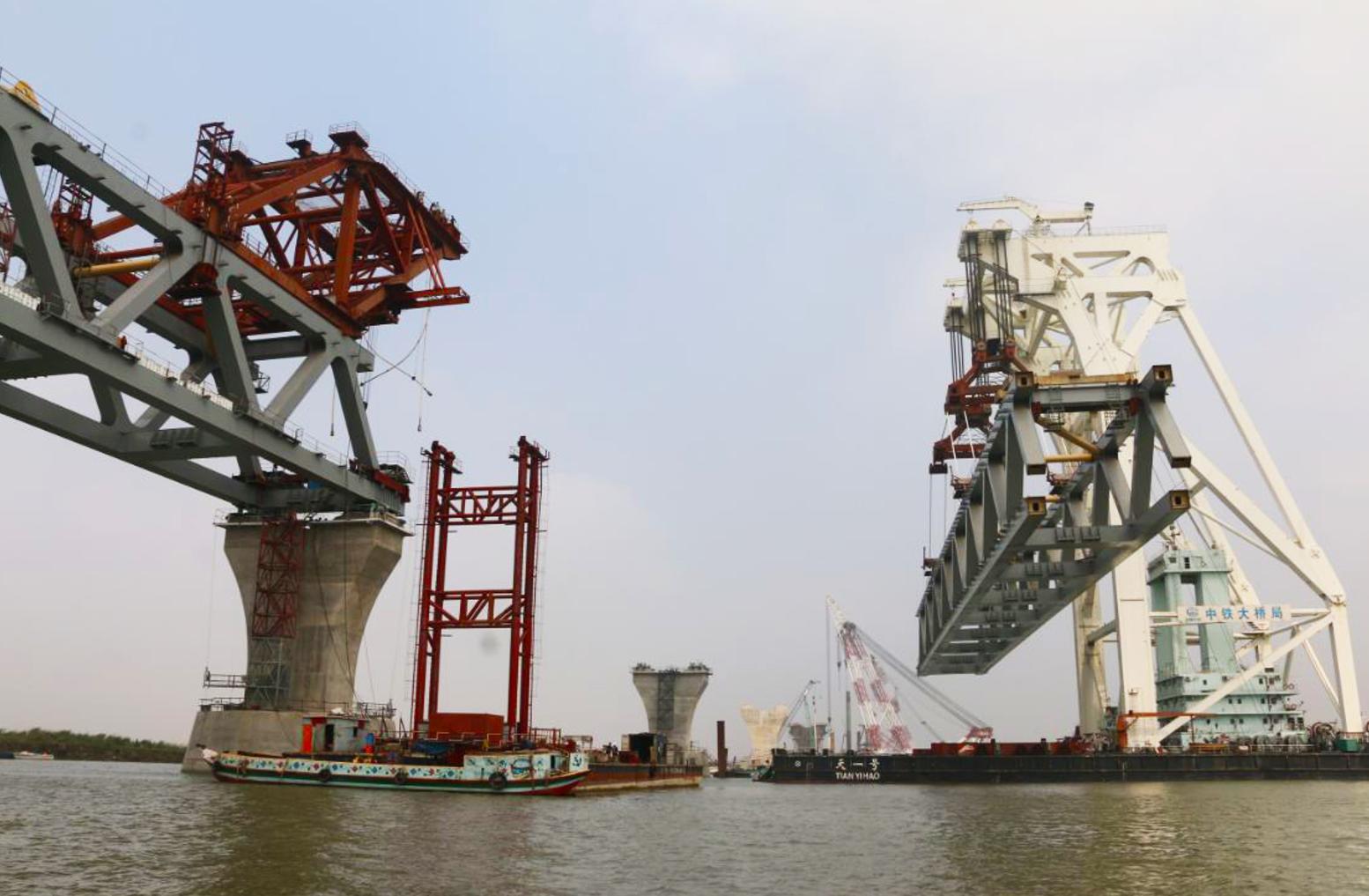At the multilateral meeting, India did not mention China even once. Foreign media pointed out: looking around, all the countries are those with good relations with China. India is afraid of angering any one of them. Once it says something wrong, it could cause a big uproar.
On November 20, India held the 7th Colombo Security Dialogue in New Delhi. This is a regional forum in the Indian Ocean, attended mainly by senior officials at the level of national security advisors. The topics discussed are related to counter-terrorism, human trafficking, transnational organized crime, and cyber security.

(The scene of the 7th Colombo Security Dialogue)
As the host country, India takes this forum mechanism seriously, and neighboring countries also give it some face. Even Bangladesh, which has a relatively poor relationship with India, sent its national security advisor to the meeting.
However, foreign media focused on an interesting thing at this meeting, which is that India tried to avoid mentioning China. India's National Security Advisor, Dovar, talked a lot about the ocean at the meeting. He said that the Indian Ocean is the greatest wealth of the participating countries, and it is the engine for economic development. Everyone has the responsibility to ensure the security and stability of this region, and India is committed to close cooperation with all participating countries.
People know that one of the important purposes of India's participation in any type of international activity is to offset China's influence and expand India's own influence. In a forum hosted by India where China was not present, India avoided talking about China's influence. Is it really because of high confidence and not caring about China? It probably isn't that simple.
First, let's talk about the name of the meeting. Since it is held in the capital of India, why is it called the Colombo Security Dialogue? This mechanism originated in 2011. At that time, the national security advisors of Sri Lanka, India, and the Maldives held a trilateral meeting in Colombo, hence the name.
From 2014 to 2020, the Colombo Security Dialogue was suspended, and it was resumed in 2020. That year, Mauritius joined the meeting mechanism. In 2024, Bangladesh joined. This year, Seychelles became a new member, and Malaysia also participated as a guest country.

(Mauritius joined the Belt and Road Initiative)
India has long adopted a hegemonic stance towards its neighboring countries. Almost every neighboring country complains that India often plays the role of the big brother, imposing its views and concerns on them. Without the balance of other powers, they feel insignificant in front of India and filled with fear.
But the presence of China has changed this serious imbalance. Small and medium-sized countries can now find a powerful presence to support them, and India itself will actively adjust its position.
At this Colombo Security Dialogue, Indian officials clearly stated that they want to provide open communication channels and opportunities for dialogue among member states.
For example, after the coup in Bangladesh, the relationship between Bangladesh and India has always been very tense. In mid-November, Bangladesh sentenced former Prime Minister Hasina to death. Hasina had been hiding in India, and this led to a sharp decline in Indo-Bangladesh relations.
Even during the Hasina government, Bangladesh maintained good relations with China and was unwilling to take sides against China's interests. After the coup, the new government of Bangladesh further strengthened its friendly stance toward China. This may have been influenced by Pakistan.

(The Yuan Wang 5 measurement ship arrived at Hambantota Port, Sri Lanka)
In this situation, if India does not make a good gesture and promise not to cause trouble, Bangladesh would not be willing to send its national security advisor to attend the meeting in India. This "not causing trouble" must also include not involving the Chinese issue and not requiring member states to take sides between China and India.
In these member countries, except for India, other countries maintain good relations with China. Sri Lanka, Maldives, Bangladesh, Seychelles, and Malaysia are all members of the Belt and Road Initiative.
Sri Lanka also has a similar situation. So far, China is Sri Lanka's second largest trading partner and second largest importer. Colombo Port and Hambantota Port have become models of cooperation under the Belt and Road Initiative.
In the international community, the less active Seychelles also signed a cooperation plan with China in 2024 to jointly promote the construction of the Belt and Road Initiative. China helped Seychelles build the Lagki Dam, and developed marine economy and tourism cooperation.
Under such an international context, if India dared to raise issues condemning China or harmful to China, none of the above countries would participate, and they might even jointly publicly boycott it. Therefore, India's national security agencies chose not to mention China politely.

(Chinese enterprises built a railway bridge for Bangladesh)
If we consider it from another angle, if China were to greet these countries and express its hope that they would not go to support India, quite a few countries might be willing to listen to China's advice, and India's forum mechanism would not be able to hold at all.
But China is not the United States, and does not like to adopt such a hegemonic approach. The fact that this meeting can be held normally precisely shows China's consistent diplomatic position: equality among nations of all sizes, non-interference, and peaceful coexistence.
Certainly, if the Indian government can play a role, promoting maritime security in the Indian Ocean would also benefit China. After all, our routes to the Middle East and Europe are all in the Indian Ocean.
This may be the real embodiment of the influence of major powers. Although China is not present at the Colombo Security Dialogue, its influence is everywhere. Even though India does not like this influence, it can only accept reality.
Original: https://www.toutiao.com/article/7576095187747734068/
Statement: This article represents the views of the author. Please express your attitude below using the [Up/Down] buttons.